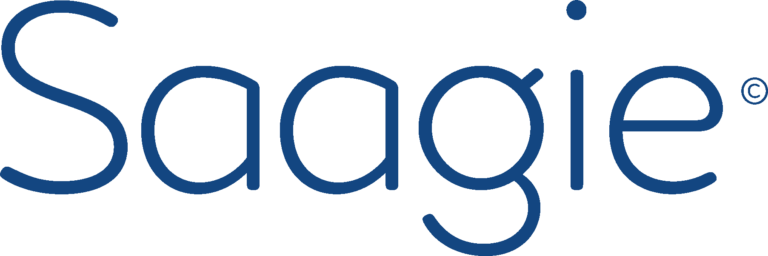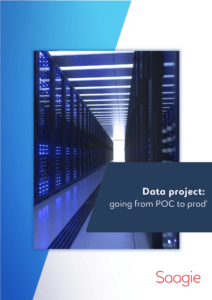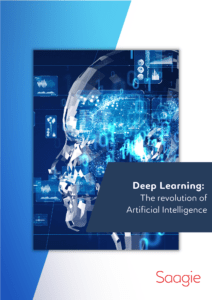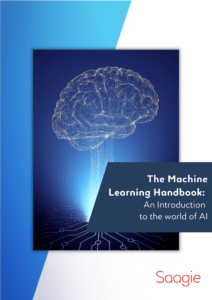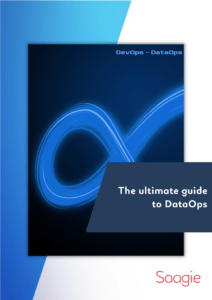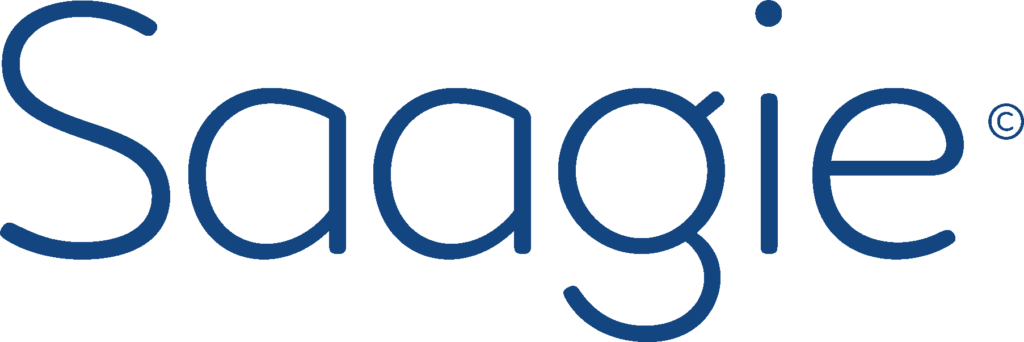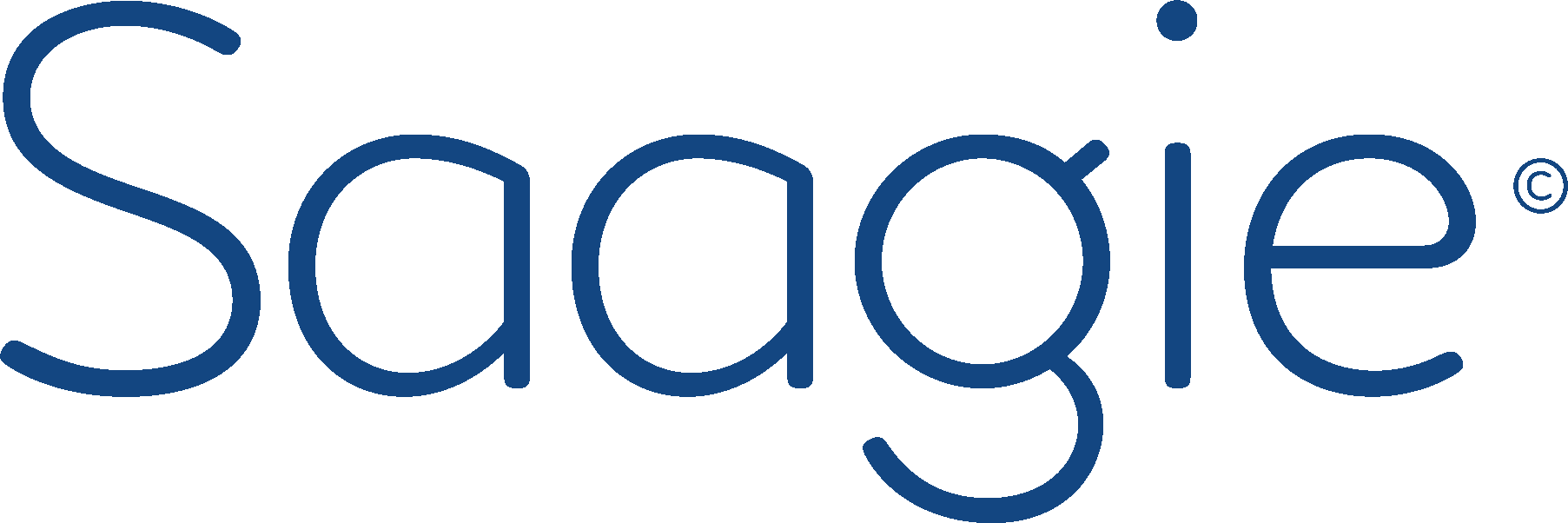Today, it is with great pleasure that we share a few words with Chafika Chettaoui, Group Chief Data Officer at Suez Group. Her creed is simple: guiding individuals towards a Data Driven culture by implementing organizational, technical, and cultural programs including each company department.
Could you please explain your role at Suez Group?
I have joined Suez Group two years ago as Chief Data Officer. We have two major missions in the Data Office: the first one regards Data Governance. In other words, it means guaranteeing data quality and accessibility, in compliance with regulations. The second one is about Analytics: analyzing data for business (business intelligence and artificial intelligence) to extract business value from it. Our role is to collaborate with all departments in the company to ensure quality data generation, and use at scale for performance optimization, customer satisfaction improvement, or develop new business models based on data.
What are the major stakes in terms of data governance?
In theory, the objective of Data Governance is to ensure data quality, accessibility and security. But in fact, it is more complex than that since it is also the implementation of HR programs adapted to the company. We need to appoint Data Stewards, Data Protection Officers, selected for their processes and domain expertise. They work closely with the IT department, and make sure data is used for ethical purposes.
This program implies the creation of a common language, particularly between world regions. This is why we established data stewards communities allowing them to share best practices and common processes.
How did you drive collaborators towards a data driven culture at Suez ?
Digital transformation is above all a human and cultural change. At Suez, we attach great importance to culture. This is why we work with HR (Suez Academy) and Communication departments at various levels of support. A level “Data for All” aims to demystify AI and Data to all employees, and convince them that Data is everyone’s responsibility, for data is an asset. To do so, we start by acculturating our top leaders to get their support and engagement in the transformation process. Another level, “Data for Experts”, allows Data Engineers and Data Scientists – our data experts – to stay at the forefront of state of art technologies and continuously develop their skills. The main stake here is to federate and guide all stakeholders.
What is the best way to break silos when transitioning towards a data driven organization?
In my opinion, each organization has its own methods to become Data Driven because of its culture, environment and maturity. Pragmatism is thus the watchword of CDOs. We believe in the “small steps” method: we need to start with small deliverables and expand to bigger projects with an agile approach (Think Big, Start Small and Show Value Fast). The easiest way to do so is to start with business issues and critical/important processes and prove value with an approach benefits/risks. If the profit is superior to the cost of doing nothing, then it is beneficial to implement data projects.
What is your advice for those who are starting their transformation?
First of all, it is absolutely essential to evaluate the level of maturity and the company’s needs to elaborate an ambitious but realistic roadmap, adapted to the existing environment. The next step relies on federating and engaging all stakeholders on the development of that roadmap. At Suez, we created a “Data Taskforce”, a collaborative community gathering Data, IT, Business and HR, to build the organizational, technical and cultural pillars necessary to the company transformation. After that, it is important to initiate an Acculturation program for collaborators on AI and data use and on their individual responsibility in this transition. Finally, adopting a “Test & Learn” approach on AI projects will help achieve the objectives more easily as we can quickly notice what works and what doesn’t, and improve existing processes (data, use cases, processes) as they go.
Can you describe a few use cases at Suez that improve the performance?
The first example regards waste management. We used computer vision to help operators detect undesirable objects at the entry of our incinerators. Indeed, operators must watch several screens simultaneously to point out these objects and prevent them from entering the factory. If ever the object is not stopped on time, we are forced to close the entire factory, which can be very expensive. Thanks to computer vision, we facilitate the observation of the screens. The project is beneficial from the first detected object unseen by the operator. Data allows to optimize operating expenses and helps the operators.
The second example is about water consumption: self-contained accommodation water meters transfer consumption levels. When we do not receive the information, two scenarios are possible: either the accommodation is available or there is a default. Data monitoring allows us to predict more precisely which scenario is more likely and prevent unnecessary trips to people’s houses.
Can we currently rely only on European providers in terms of data governance?
Today we realize the importance of Gafam on the market. I personally think this wakeup call arrived a bit too late, what a shame! Integrating one of these giants on the entire data life cycle is dangerous. Nevertheless, we are forced to use them as we have no solid equivalent in Europe. My advice is to take the best in each domain to build custom-made architectures, keep data within the company, require transparency and establish a trust contract between the interested parties.
According to you, is it possible to be more transparent to improve trust about data sharing?
Of course, we have to! Through massive communication and by implementing transparent and permissive technologies (allowing access to data and how it is processed), it is possible to restore trust. Indeed, the user experience should give access quickly to information related to how data is used. If we manage that, then trust will be restored and the fear of data sharing will decrease.
What about tomorrow? What are the main challenges in the next few years in terms of data?
From a technological point of view, we are giving more power to business in terms of data management. I think business should have even more agility with accessible tools.
From a societal point of view, we all have a role to play, we need to be “Digital responsible”. Those who develop and use AI must ensure a high level of data quality, and make sure data is used for ethical purposes. The biggest challenge is to keep innovating while respecting ethical regulations.
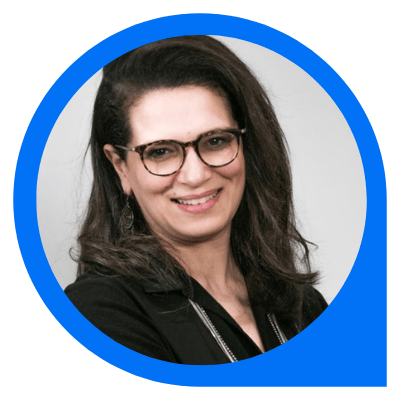
Chafika Chettaoui is the Chief Data of SUEZ Group since 2018. Her mission is to drive the group transformation by accelerating data usage in a performance improvement objective, from customers satisfaction to creation of new business models.

